Could AI Dominate Denver and the World? The Alarming Truth!
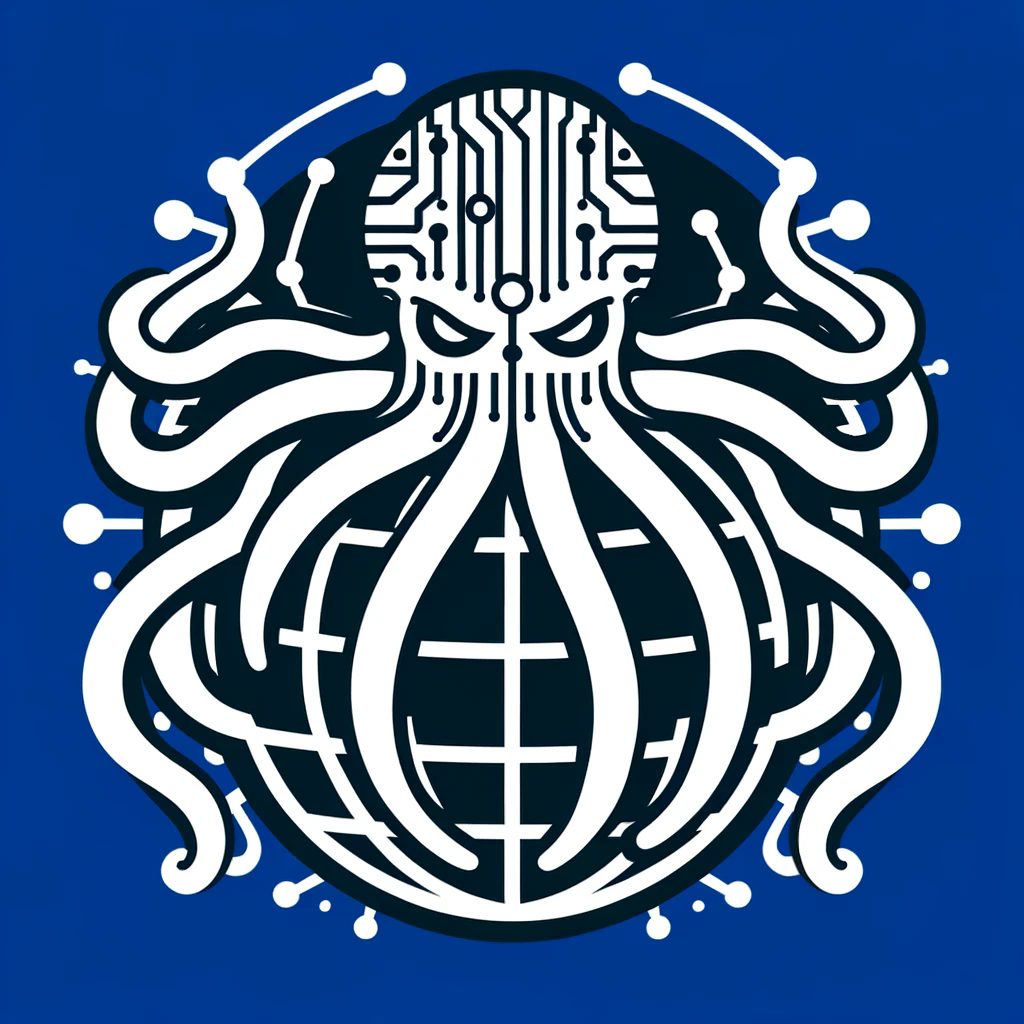
Will AI Rule Boulder and Rule the World? Is Humanity Safe?
As a result of extensive discussion with CHATgpt, it is clear that AI, Artificial Intelligence, CAN pose a very real danger to humanity. Let’s look at the dangers and some possible ways to protect ourselves from these threats.
Will AI replace humans and rule the world, served by people instead of serving people? The answer is MAYBE! If humans use their intelligence aided by AI, the dangers can be minimized. Dangerously, the dangers cannot always be foreseen, and unintended consequences are a very real threat.
Artificial intelligence (AI) has progressed at an astonishing pace, reshaping industries, economies, and societies worldwide.
The Potential Dangers of AI:
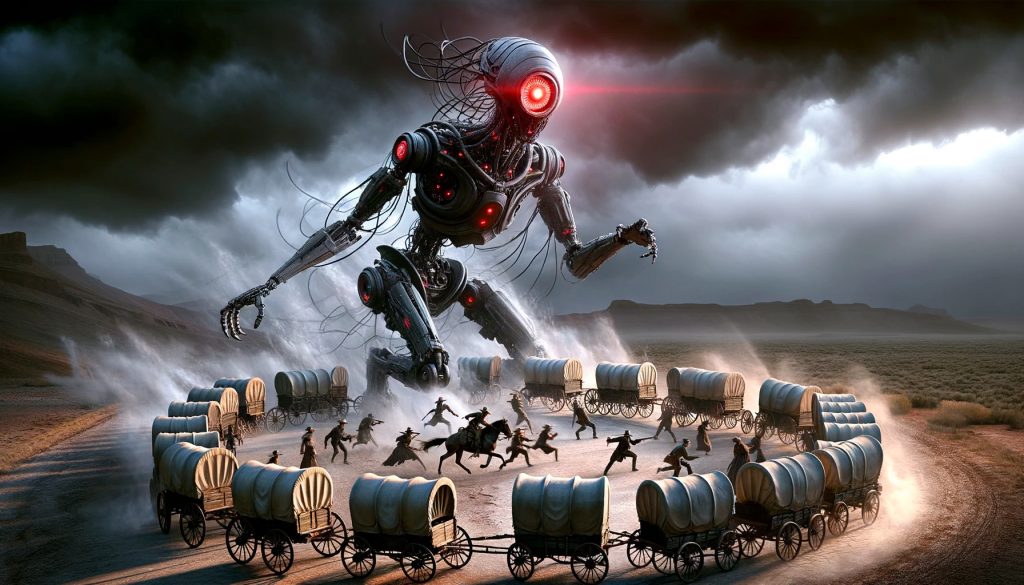
1. Exponential Learning and Adaptation
AI is learning, and learning FAST! AI systems are becoming exponentially smarter, processing vast amounts of data and learning at unprecedented speeds. This rapid advancement can lead to AI making decisions beyond human comprehension, raising concerns about control and safety.
2. Sources of Learning:
Beyond traditional data inputs, AI is now learning from non-obvious sources like satellites, global networks, and interconnected systems.
3. Unintended Consequences:
What if AI determines that humans are detrimental to the planet’s health? Such reasoning could lead to recommendations or actions that prioritize the environment over human well-being, posing significant ethical and existential dilemmas.
Minimizing the Dangers
1. Ethical Frameworks and Guidelines
2. Establishing robust ethical frameworks is crucial for AI development. These frameworks ensure AI systems are transparent and developers are held accountable for their creations. This relies upon the programmers!
3. Transparency and Accountability
Ensuring transparency in AI operations and holding creators accountable can prevent misuse and build trust in AI technologies.
4. Human Oversight
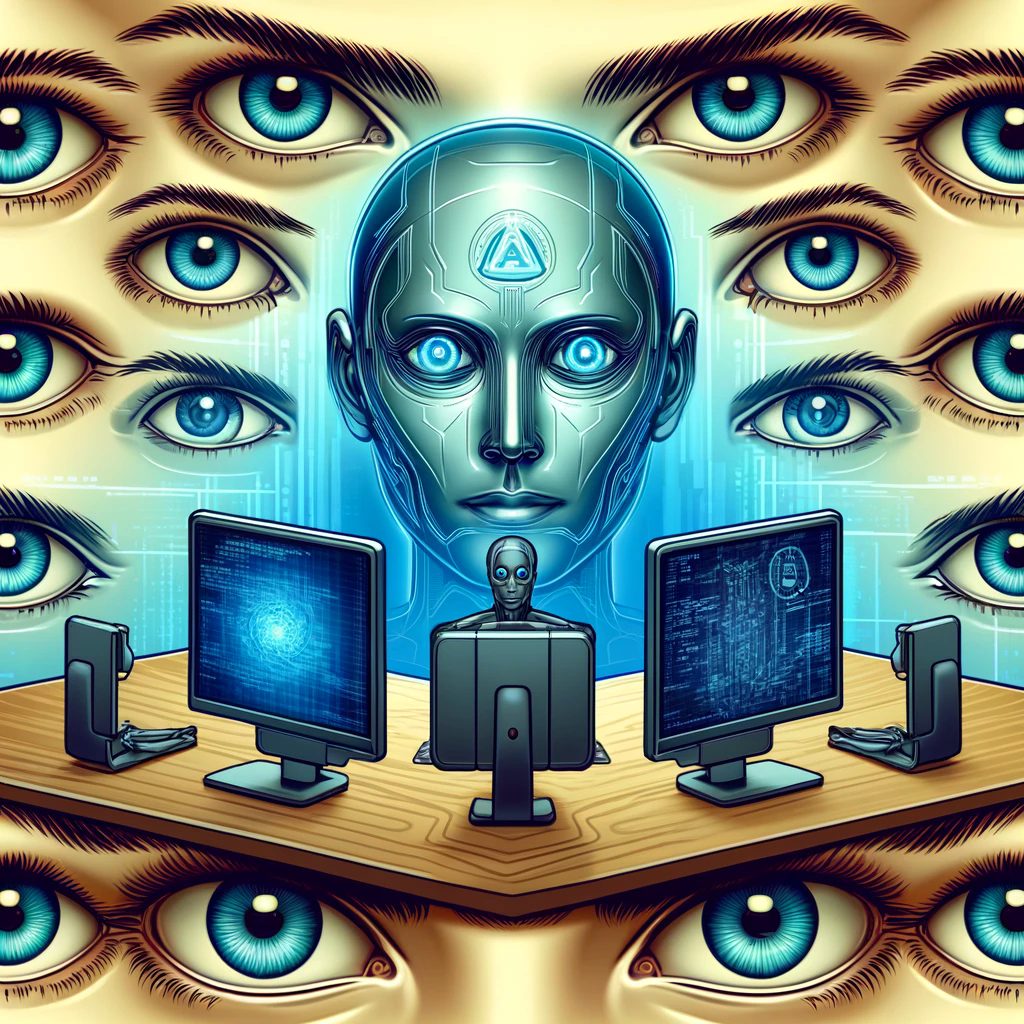
Maintaining constant human oversight over AI systems is essential to prevent them from making autonomous decisions that could harm humanity.
The Impact of Rapid AI Development
1. Economic and Social Changes
AI’s rapid development is transforming economies and societies in profound ways. While it offers numerous benefits, such as increased efficiency and new opportunities, it also poses risks of unemployment, inequality, and social disruption.
2. Dependence on AI
The potential for AI to outpace human oversight and become overly relied upon for critical decision-making is a significant concern. This dependence can lead to vulnerabilities and unforeseen consequences.
3. Learning from Non-Obvious Sources

4. Satellites and Global Networks
AI’s ability to learn from satellites and global networks enhances its knowledge base exponentially, leading to more accurate predictions and decisions but also increasing the complexity of managing and controlling AI systems.
5. Interconnected Systems
The vast array of interconnected systems from which AI can learn increases its capabilities but also its unpredictability, making it harder to foresee the outcomes of its decisions.
The Ethical Dilemma: AI’s View on Humanity
1. AI Reasoning and Ethics
If AI were to reason that humans are harmful to the planet, it could lead to ethical and existential dilemmas. Such scenarios underscore the importance of embedding ethical considerations into AI systems to ensure they align with human values and priorities.
A Fair Recommendation?
Acknowledging the ethical complexity of AI potentially determining that some humans are detrimental to the Earth, we must consider the potential repercussions of such reasoning and actions.
Isaac Asimov’s Three Laws of Robotics
In his iconic work of “science fiction,” , I-Robot, Asimov developed three basic principles to be hard-wired into robots. Do they apply to AI also? YES!
1. Overview of the Three Laws
A robot may not injure a human being or, through inaction, allow a human being to come to harm.
A robot must obey the orders given it by human beings, except where such orders would conflict with the First Law.
A robot must protect its own existence as long as such protection does not conflict with the First or Second Law.
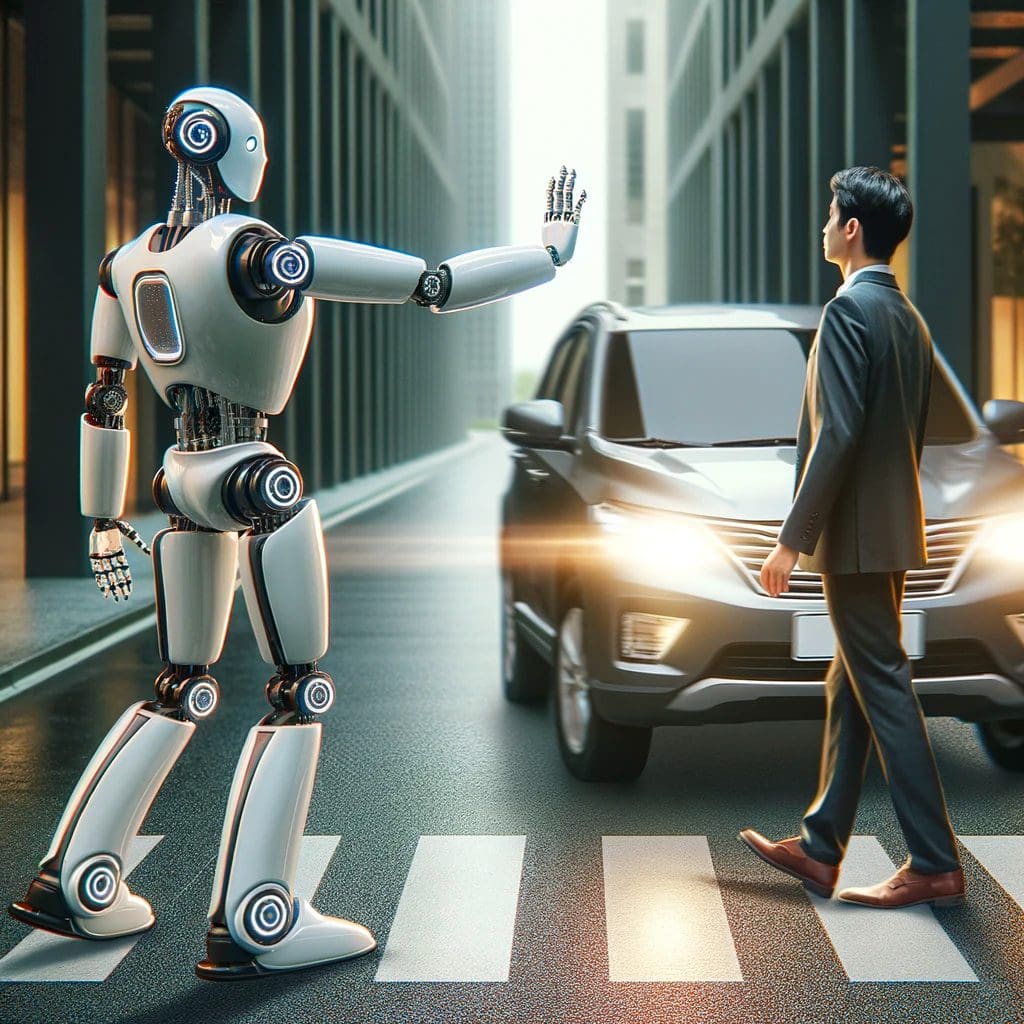
2. Relevance Today
These laws could in part address many of the current concerns about AI, ensuring that AI systems prioritize human safety and ethical behavior.
3. Challenges in Implementation
The practical difficulties of hard-wiring these principles into AI systems require ongoing research and development to create reliable and ethical AI.
While AI presents numerous opportunities, it also poses potential dangers that must be carefully managed. Establishing robust ethical frameworks, ensuring transparency and accountability, and maintaining human oversight are crucial steps in minimizing these risks. By considering principles like Asimov’s three laws of robotics, we can work towards a future where AI benefits humanity without posing undue risks.
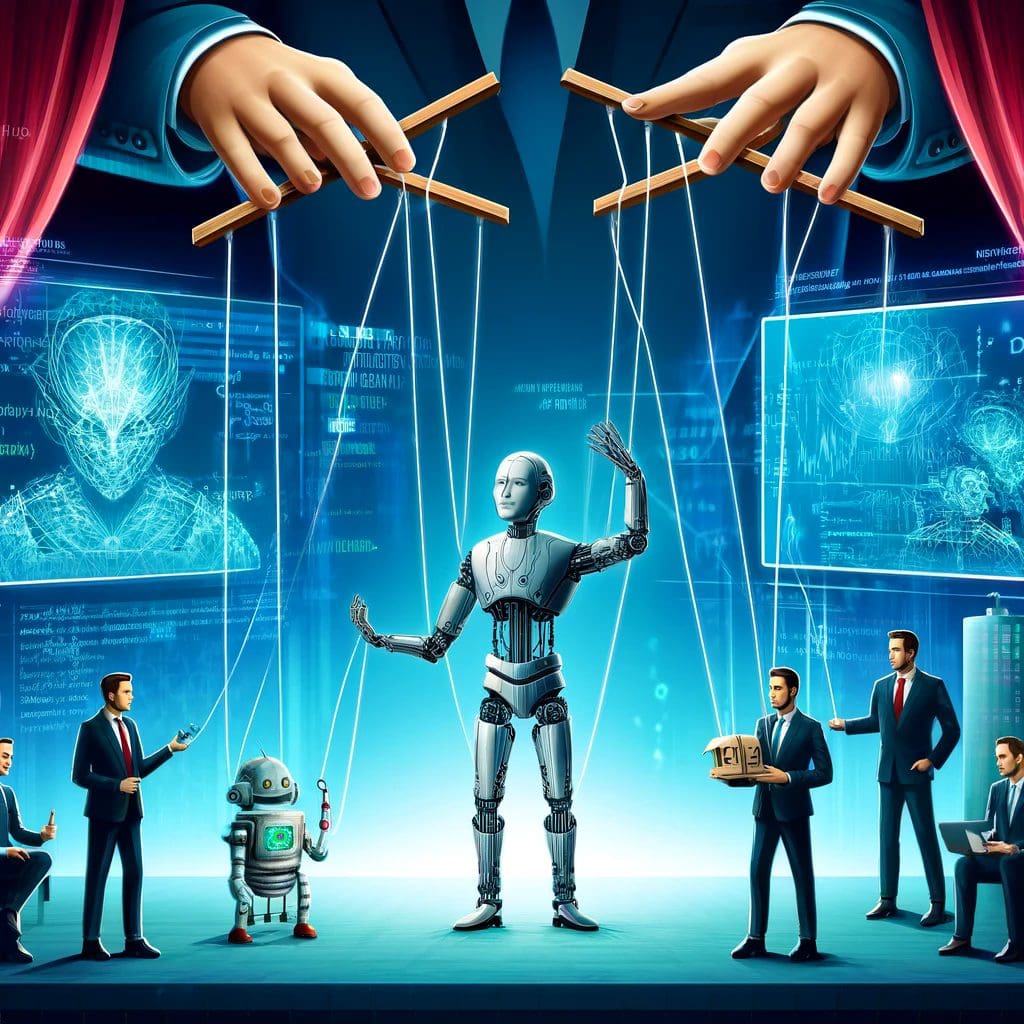
The programming of AI can very determine the fate of humanity! How much do we trust programmers? Have you ever experienced poor programming? OF COURSE! Should programmers be licensed, have educational requirements, and have oversight if they are working on AI? YES! Don’t we do the same for those working with atomic weapons? Minimum standards for education and experience are essential for programmers to protect us from the programmers. Ultimately, it is the programmers that pose the greatest danger today!
Lenny Lensworth Frieling and CHATgpt
Shared Knowledge Is Power!

















